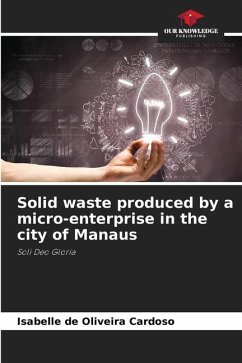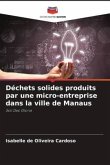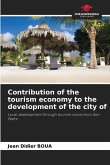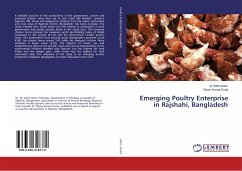The food sector inevitably produces solid waste, such as aluminum, paper and organic waste. According to the Brazilian Association of Bars and Restaurants, eating out accounts for 30% of Brazilians' spending. This data shows that there is a practice or custom of eating away from home, whether for work or simply for leisure. The aim of this study is to analyze the types of solid waste produced by a snack bar located in the city of Manaus and to find a solution for turning it into profit for the business owners and partners, as well as consequently minimizing the impact this waste has on the environment. The results achieved by analyzing this work show that it is possible to take advantage of even the waste that a snack bar produces, through simple and practical solutions with regard to disposal and use, as was found in the snack bar. This study has also shown that there is the possibility of obtaining financial income from the correct handling of solid waste.
Bitte wählen Sie Ihr Anliegen aus.
Rechnungen
Retourenschein anfordern
Bestellstatus
Storno








